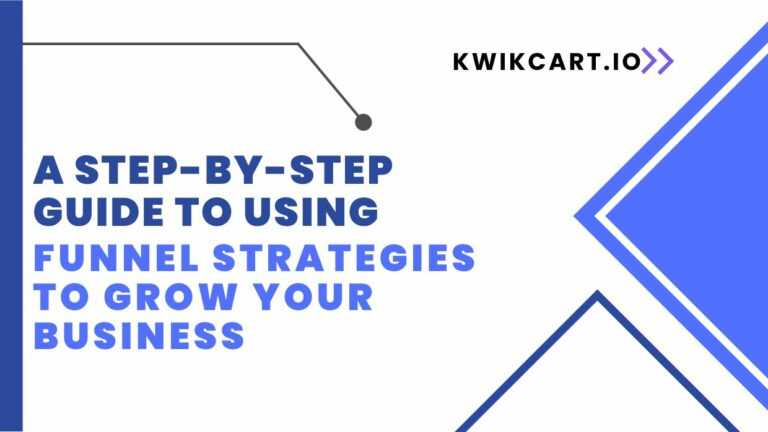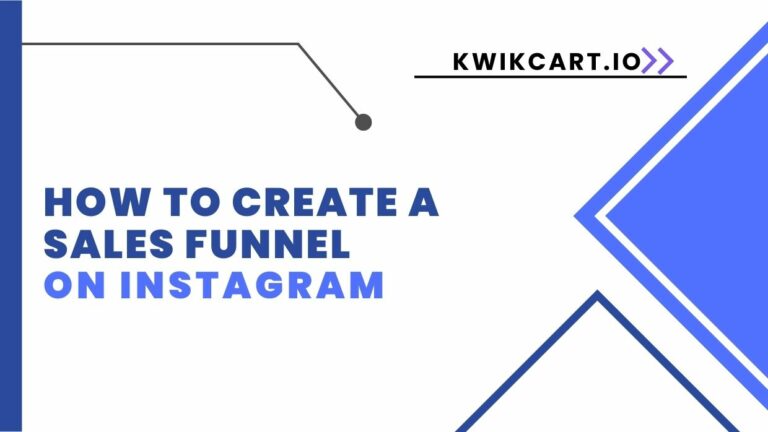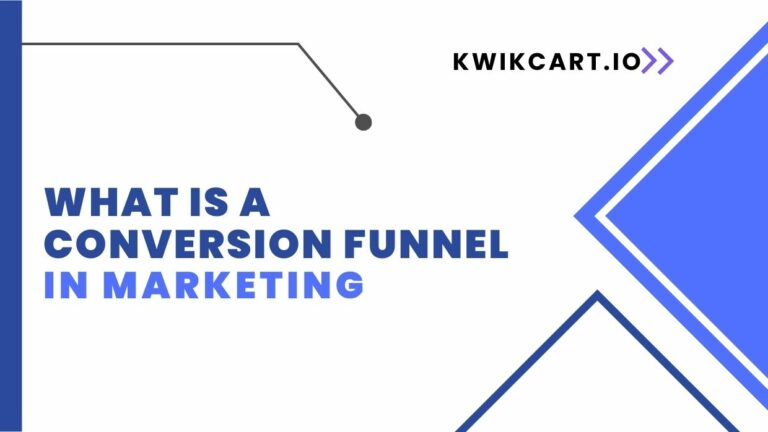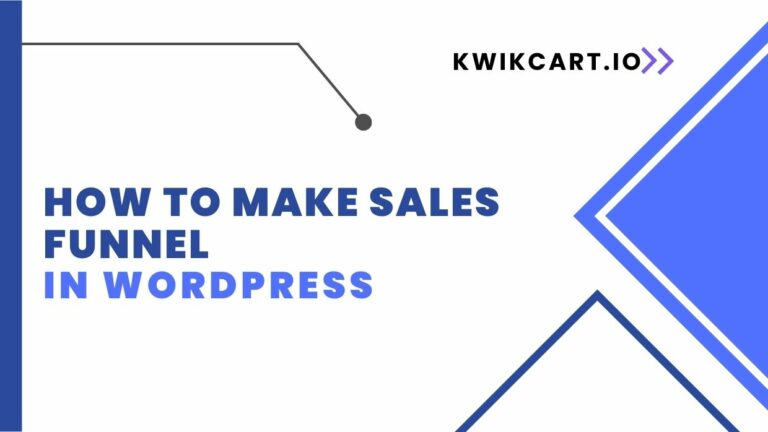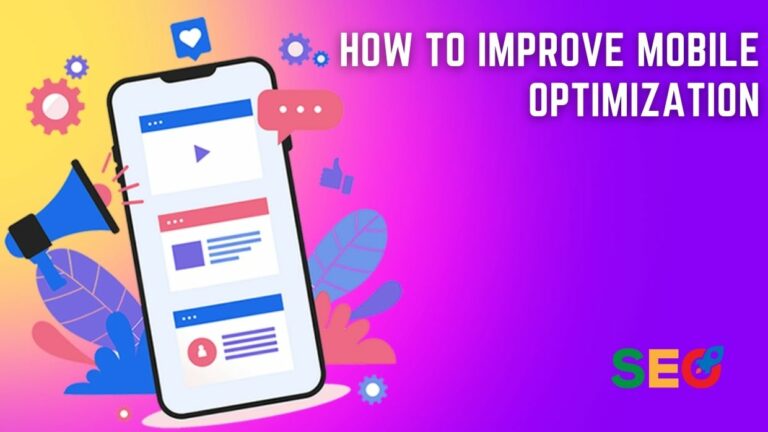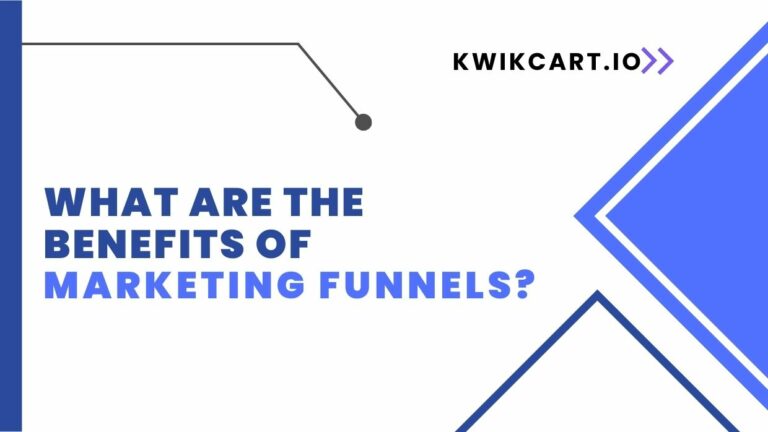Understanding Funnels In Business: A Beginner’s Guide
“Understanding Funnels In Business: A Beginner’s Guide”. Do you want to understand the concept of funnels in business, but don’t know where to start? If so, this article is for you! We’ll explain what a funnel is, how it works, and provide some tips for setting up your own funnel in order to achieve marketing success. Read on to learn more about the power of funnels in business!
Introduction to Funnels in Business
A funnel is a tool that can be used to track the progress of potential customers as they move through the stages of becoming paying customers.
Funnels can be helpful in a number of different industries, but they are especially useful for businesses that sell products or services online.
The main purpose of a funnel is to help businesses keep track of how many people are interested in their product or service, and how many people actually end up making a purchase.
There are a few different ways to set up a funnel, but the most common method is to use a software program like Google Analytics.
Once you have set up your funnel, you will need to decide what kind of information you want to track.
What Does Funnel Mean in Business?
In business, a funnel is a process that potential customers go through as they move from awareness of a product or service to become actual paying customers.
The idea of a funnel is often used in marketing, and there are different types of funnels that businesses can use, depending on their goals. For example, some businesses use what’s called an inverted funnel, which starts with a large number of potential customers and then narrows down to only the most qualified leads.
Other businesses use what’s known as a standard funnel, which starts with a small number of potential customers and then gradually adds more people at each stage until they become paying customers.
No matter which type of funnel you use, the goal is always to eventually turn potential customers into actual paying ones. And the way you do that is by providing them with information and value at each stage of the process so that they’re more likely to buy from you in the end.
Learn more about… An Easy Guide To Understanding What Is Dropshipping And How It Works
Different Types of Marketing Funnels
There are many different types of marketing funnels that businesses can use to generate leads and sales. The most common type of funnel is the awareness funnel, which is designed to create top-of-mind awareness for a product or service. Other popular types of marketing funnels include the consideration funnel, which is designed to get potential customers interested in a product or service, and the decision funnel, which is designed to get potential customers to commit to buying a product or service.
Businesses can also use marketing funnels to target specific segments of their customer base. For example, they might use a retargeting funnel to reach customers who have previously shown interest in their products but have not made a purchase. Or they might use a lead generation funnel to attract new leads who have never heard of their business before.
Which type of marketing funnel is right for your business will depend on your goals and objectives. But regardless of which type you choose, all marketing funnels share one common goal: to turn prospects into paying customers.
More about… What Is E-Commerce? An Essential Guide To Understanding Online Shopping
Benefits of Using Funnels in Business
As a business owner, you’re always looking for ways to increase profits and grow your company. One way to do this is to implement funnels into your business model. Using funnels can help you to increase sales and conversions, while also reducing costs. Here are some of the specific benefits of using funnels in business:
- Funnels Can Help You Increase Sales
One of the main benefits of using funnels in business is that they can help you increase sales. By directing prospects through a series of steps, you can more effectively sell them on your product or service. This is because each step in the funnel serves a specific purpose, such as building interest or creating a sense of urgency. As a result, prospects are more likely to make a purchase by the end of the funnel.
- Funnels Can Help You Convert More Prospects Into Customers
Another benefit of using funnels is that they can help you convert more prospects into customers. By providing valuable content and offers at each stage of the funnel, you can encourage prospects to take action and move further down the funnel. This ultimately leads to more conversions and helps you grow your customer base.
- Funnels Can Help You Reduce Costs In addition to increasing sales and conversions, another benefit of using funnels is that they can help you reduce costs. By automating certain steps in the funnel, such as email marketing or lead generation, you can save time and money. This is because you don’t have to manually create or manage each step of the funnel, which can be time-consuming and expensive.
These are just a few of the benefits of using funnels in business. By implementing funnels into your business model, you can increase sales and conversions, while also reducing costs. This is why it’s important to consider using funnels in your business if you want to grow your company and increase profits.
There are a number of different funnel strategies that businesses can use to acquire new customers and convert them into paying ones. Some common examples include:
- Creating free trials or samples of your product or service: This is a great way to introduce potential customers to your offering and get them hooked on its value.
- Offering discounts or coupons: Everyone loves a good deal, so offering potential customers a discount on their first purchase can be a powerful motivator to buy from you.
- Hosting a contest or giveaway: This is another excellent way to generate interest in your business and get people talking about your brand. Who doesn’t love the chance to win something for free?
- Creating valuable content: Producing high-quality, informative content (such as blog posts, eBooks, video tutorials, etc.) can help attract new leads and convert them into customers.
Challenges with Creating a Funnel Strategy
There are many challenges that come with creating a funnel strategy for your business. The first challenge is understanding what a funnel is and how it can benefit your business. A funnel is simply a way to track and measure the progress of your sales or marketing efforts. It can be used to track leads, customers, prospects, or any other group you are trying to reach.
The second challenge is deciding which type of funnel will work best for your business. There are many different types of funnels, so it’s important to choose one that will fit your needs. For example, if you’re selling a physical product, you’ll need a different type of funnel than if you’re selling a digital product.
The third challenge is creating the actual funnel. This includes designing the steps in the funnel, setting up tracking and measurement tools, and writing the copy for each step. This can be a daunting task, but there are many resources available to help you get started.
The fourth challenge is driving traffic to your funnel. This can be done through various marketing channels, such as social media, paid advertising, email marketing, or even word-of-mouth marketing. Once you have the traffic coming to your funnel, it’s important to track where it’s coming from so you can determine which channels are most effective at driving conversions.
The fifth challenge is converting visitors into leads or customers. This is where the design of your funnel comes into play. Each step should be designed and optimized to drive the greatest number of conversions. Test different copy, design elements, and offers to see what works best for your audience.
Overall, creating a funnel strategy requires a lot of time, effort, and testing to get it right. By understanding these challenges, you can create an effective funnel strategy that will help you reach more customers and boost your sales.
Tips for Optimizing Your Funnel Strategy
As a business owner, you’re always looking for ways to optimize your strategies and get ahead of the competition. When it comes to your funnel strategy, there are a few key things you can do to make sure you’re getting the most out of your efforts.
- Define Your Target Audience
The first step to optimizing your funnel is to make sure you have a clear understanding of who your target audience is. Without this knowledge, it will be difficult to create content and campaigns that resonate with them. Take some time to do market research and create buyer personas for your ideal customers.
- Create Compelling Content
Once you know who you’re targeting, you can start creating content that speaks directly to their needs and interests. This could include blog posts, eBooks, infographics, or even video content. Whatever format you choose, make sure your content is high-quality and engaging so that people will want to keep coming back for more.
- Drive Traffic To Your Funnel
Now that you have great content, you need to get people to see it! There are a number of ways you can go about driving traffic to your funnel, including SEO, social media marketing, and email marketing. Experiment with different tactics and see what works best for getting people into your funnel.
- Analyze & Adjust Your Strategy
Finally, don’t forget to regularly analyze how well your funnel strategy is performing. Look at the number of leads you’re generating, how many are converting to customers, and what strategies seem to be working best. Make adjustments accordingly so that you can get the most out of your efforts.
Conclusion
Funnels are a powerful tool for businesses. When used correctly, they can help you to optimize your customer journey and maximize your profits. If you’re looking to get started with understanding funnels in business, this guide should be a great starting point. Use the tips provided here to start building effective funnels that work for your specific needs and objectives. With some practice, you’ll soon become an expert at funnel optimization and be able to make the most of these powerful tools in no time!



